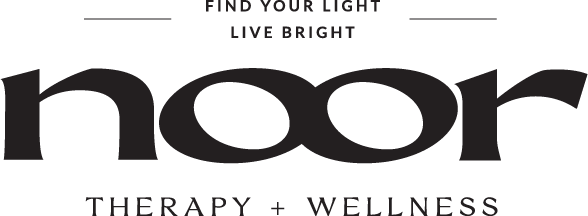owning your sexuality
If you haven’t read my previous blogs about how our families, religion, and trauma can greatly impact our ability to talk about sex, start there. But then come back, there’s hope!
The method to my work is always to look at what has influenced the way of being.
Understanding brings in clarity and compassion.
It helps us see that how we are makes sense and when we validate ourselves, judgment falls away. When criticism and frustration melt away, a path forward toward something new can emerge. Without that, judgment breeds shame and isolation and we either become activated and anxious or shutdown and depressed.
I hope that understanding that sex is complicated for MANY people for MANY reasons brings about some self-compassion for you.
And from there, I hope you are open to having different experience.
In this blog and the next two, I will highlight some powerful ways you can begin to detox from the messages you have received about sex and create a new, healthier approach - one that will translate into being able to more easily navigate sexuality within relationships.
The first couple tips are you with you - even if you are in a relationship.
The relationship we have to sex begins with ourselves.
Know what YOUR particular influences are
When I teach Human Sexuality (one of my favorite graduate level courses to teach to therapists-in-training), I have all of my students write a 5-page paper on the messages and influences on their understanding of and relationship with sex.
Every time, the common culprits come up: family, religion, porn, abuse. But so too, do the unique messages they received from their friends or first relationships.
In processing the assignment, many students express how difficult but clarifying it is to sit down and create a coherent narrative from all the bits and pieces that have shaped them. Here are some of the questions I ask them in the prompt:
Write a 5-page paper describing the influences on your understanding of human sexuality. Include the most significant sources of influence such as: family, peers, media, religion, school/education, partners, cultural messaging, etc. How did these affect your feelings about sex, your body, gender roles, sexual orientation, relationships, and other sex- related issues? How have your attitudes, beliefs, and behaviors been affected by these influences?
While you’re not enrolled in my Human Sexuality class (you could, see below), it is so important to understand the way in which your history impacts your present. This, in my opinion, is the way we get to the desired future. If we don’t know what we have to unearth, it’s harder for the new seeds we plant to blossom and thrive.
Seek support & get accurate information
This could be from a book, a course (enroll in a Human Sexuality class!), or therapy. There are so many myths around sexuality and just because we are adults doesn’t mean that we have the accurate information. So much of my job with survivors of sexual abuse is giving them accurate information about sex and boundaries.
Seeking the support of a therapist specializing in sex and sexuality can be so helpful for working through the impact of the negative and wrong messages we have received - whether they were from our educational, cultural, or relational background.
Additionally, there is something powerful that happens when we take something that has been cast into the shadows and bring it into the light - it loses some power over us! Talking to someone about sex can be … gulp … difficult, but after a while, it can be SO liberating.
If you have been abused (beyond sexual abuse - physical and emotional abuse impact sexuality as well), it is critical to get support. Trauma lives in the body and happens in relationship - and sex involves, well, bodies and relationships.
There is a direct link between these things and it can be very weighty - and sometimes risky - to take this on alone (things may get worse before they get better and having professional support and guidance is key).
While there are some great resources (my favorite book is The Body Keeps the Score: Brain, Mind, and Body in the Healing of Trauma by renowned trauma specialist Dr. Bessel van der Kolk) that you can utilize on your own, nothing beats BOTH individual and group therapy around issues of abuse.
Take ownership of your sexuality
Whether you are single, dating, or committed, YOU are in charge of your own sexuality. This means owning that you have sexual drives, needs, and wants. It means taking accountability for taking care of this part of you.
Just like our physical health, yes, being with someone who regularly exercises and works out can positively influence us, but ultimately even being with a triathlete doesn’t make YOU a triathlete. You have to do the work.
In many of the couples I work with who present with sexual issues, one (and sometimes both) partner/s are outsourcing their sexuality. They don’t check in with their own needs until their partner initiates sex or complains about its lack. My approach is not about helping the sex seeking partner ask in softer or more effective ways. It is about understanding why the shutoff person has disconnected from this part of themselves and giving them the space, the encouragement, and the tools to begin reconnecting with it. Tools include mindfulness, check-ins, getting connected to their body, scheduling sex, knowing what does and doesn't turn them on, etc.
There is nothing sexier than not having to be responsible for the other - it frees us up to be in our own pleasure. Care-taking is an ANTI-aphrodisiac.
Stay tuned next time for tips that relate to communicating about sex with a partner - whether this is your 5th date or your partner for 5 years.
